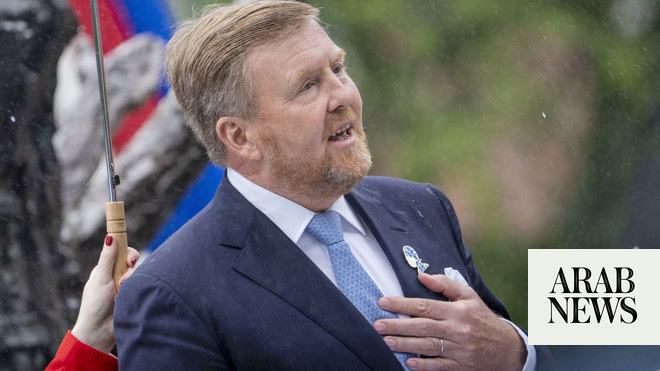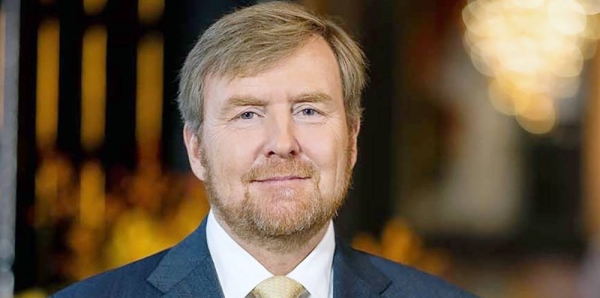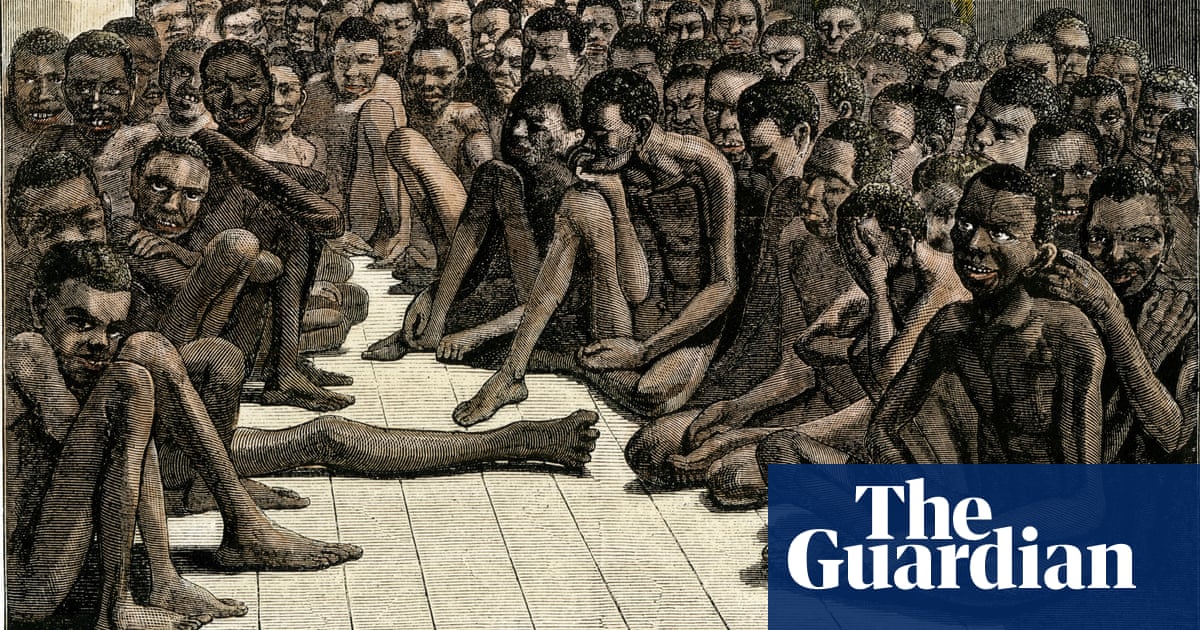
Government establishing $212 million fund for initiatives to help tackle legacy of slavery, boost education
THE HAGUE: Dutch Prime Minister Mark Rutte apologized Monday on behalf of his government for the Netherlands’ role in slavery and the slave trade, in a speech welcomed by activists as historic but lacking in concrete plans for repair and reparations.
“Today I apologize,” Rutte said in a 20-minute speech that was greeted with silence by an invited audience at the National Archive.
Ahead of the speech, Waldo Koendjbiharie, a retiree who was born in Suriname but lived for years in the Netherlands, said an apology was not enough.
“It’s about money. Apologies are words and with those words you can’t buy anything,” he said.
Rutte told reporters after the speech that the government is not offering compensation to “people — grandchildren or great grandchildren of enslaved people.”
Instead, it is establishing a 200 million-euro ($212 million) fund for initiatives to help tackle the legacy of slavery in the Netherlands and its former colonies and to boost education about the issue.
Rutte apologized “for the actions of the Dutch state in the past: posthumously to all enslaved people worldwide who have suffered from those actions, to their daughters and sons, and to all their descendants into the here and now.”
Describing how more than 600,000 African men, women and children were shipped, “like cattle” mostly to the former colony of Suriname, by Dutch slave traders, Rutte said that history often is “ugly, painful, and even downright shameful.”
Rutte went ahead with the apology even though some activist groups in the Netherlands and its former colonies had urged him to wait until July 1 of next year, the anniversary of the abolition of slavery 160 years ago and said they had not been sufficiently consulted in the process leading up to the speech. Activists consider next year the 150th anniversary because many enslaved people were forced to continue working in plantations for a decade after abolition.
Mitchell Esajas, director of an organization called The Black Archives and a member of activist group Black Manifest, did not attend the speech despite being invited because of what he called the “almost insulting” lack of consultations with the Black community.
He said it was a historic moment but lamented the lack of a concrete plan for reparations.
“Reparation wasn’t even mentioned,” Esajas said. “So, beautiful words, but it’s not clear what the next concrete steps will be.”
Rutte’s gave his speech at a time when many nations’ brutal colonial histories have received critical scrutiny because of the Black Lives Matter movement and the police killing of George Floyd, a Black man, in the US city of Minneapolis on May 25, 2020.
The prime minister’s address was a response to a report published last year by a government-appointed advisory board. Its recommendations included the government’s apology and recognition that the slave trade and slavery from the 17th century until abolition “that happened directly or indirectly under Dutch authority were crimes against humanity.”
The report said that what it called institutional racism in the Netherlands “cannot be seen separately from centuries of slavery and colonialism and the ideas that have arisen in this context.”
Dutch ministers fanned out Monday to discuss the issue in Suriname and former colonies that make up the Kingdom of the Netherlands — Aruba, Curacao and Sint Maarten as well as three Caribbean islands that are officially special municipalities in the Netherlands, Bonaire, Sint Eustatius and Saba.
In Suriname, , the small South American nation where Dutch plantation owners generated huge profits through the use of enslaved labor, the largest opposition party, NDP, condemned the Dutch government for failing to adequately consult descendants of enslaved people in the country. Activists in the country say that what’s really needed is compensation.
“The NDP therefore expresses its disapproval of this unilateral decision-making process and notes that the Netherlands is comfortably taking on the role of the mother country again,” the party said in a statement.
The year starting July 1, 2023, will be a slavery memorial year in which the Netherlands “will pause to reflect on this painful history. And on how this history still plays a negative role in the lives of many today,” the government says.
The Dutch first became involved in the trans-Atlantic slave trade in the late 1500s and became a major trader in the mid-1600s. Eventually, the Dutch West India Company became the largest trans-Atlantic slave trader, said Karwan Fatah-Black, an expert in Dutch colonial history and an assistant professor at Leiden University.
In 2018, Denmark apologized to Ghana, which it colonized from the mid-17th century to the mid-19th century. In June, King Philippe of Belgium expressed “deepest regrets” for abuses in Congo. In 1992, Pope John Paul II apologized for the church’s role in slavery. Americans have had emotionally charged fights over taking down statues of slaveholders in the South.
Now the Netherlands has joined their ranks.
But for some in the Black community, the notable day was tinged with disappointment.
“For a lot of people, it’s a very beautiful and historic moment but with — in Dutch we say — a bitter taste ... and it should have been a historic moment with a sweet taste,” Esajas said.












